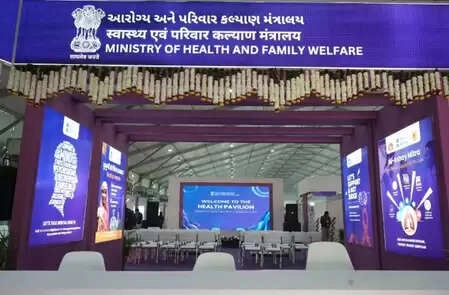In Madhya Pradesh, a violent clash erupted between two groups, highlighting underlying tensions that had been simmering in the community. The confrontation escalated quickly, with members of both factions engaging in physical altercations, leading to injuries and significant property damage. Such skirmishes are often indicative of deeper social issues, whether they stem from economic disparities, communal strife, or longstanding grievances. The local authorities were called to the scene to restore order, but the repercussions of the incident would extend far beyond the immediate chaos. The fight not only drew attention to the frayed relations between the groups but also raised questions about the effectiveness of law enforcement in preempting such violence.
In an unexpected twist, the aftermath of the fight led to a peculiar legal case involving the deceased. Authorities in the region initiated proceedings against individuals who had passed away, a situation that bewildered both the public and legal experts. This unusual case emerged as officials sought to hold accountable those who allegedly instigated the conflict, despite their inability to defend themselves in court. Critics of the case argued that it was a misguided attempt to address the violence, pointing out that prosecuting the dead serves little purpose in achieving justice or reconciliation. Instead, it reflects a broader problem within the legal system, where the focus should be on understanding the root causes of such conflicts and preventing future violence.
The incident and its ensuing legal ramifications have sparked widespread discussion in Madhya Pradesh about the nature of justice and accountability. Some community leaders have called for a more proactive approach to conflict resolution, advocating for dialogue and understanding rather than punitive measures that target individuals who can no longer respond to allegations. This has led to calls for reforms in how conflicts are managed and how the law treats cases arising from communal disputes. The community is now faced with the challenge of navigating the complexities of justice while also addressing the underlying issues that led to the clash in the first place. Ultimately, the situation serves as a poignant reminder of the consequences of unresolved tensions and the need for a more compassionate and effective approach to community relations.




